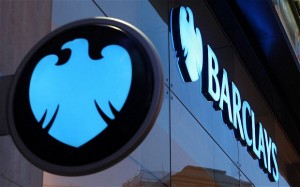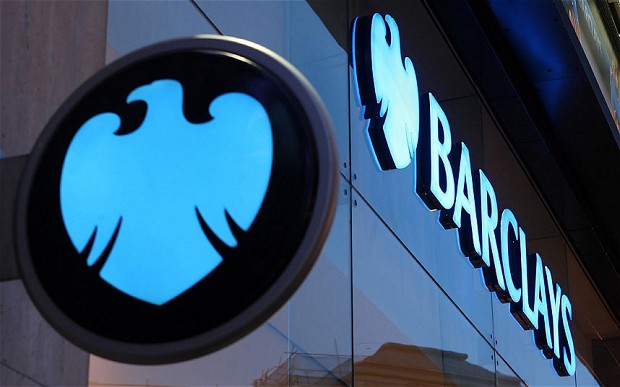 Barclays recently announced that it would begin selling data about its 13 million clients to businesses. The bank recently issued a letter to its customers outlining who will have access to their data in the future, as well as the type of information that will be shared with other companies and government departments.
Barclays recently announced that it would begin selling data about its 13 million clients to businesses. The bank recently issued a letter to its customers outlining who will have access to their data in the future, as well as the type of information that will be shared with other companies and government departments.
The letter details that voice and visual data – for example, user images and voice recordings – are held by the bank. Barclays also reportedly records interactions from its users on Facebook and Twitter, noting that it only records information that’s directly related to conversations with the bank’s profiles and its staff.
While privacy advocates have voiced their concern about the bank’s sale of user data, Barclays claims that its policy is not overly intrusive. The bank will only use the data to indicate trends and aggregate consumer behaviour, and will not keep any information about specific users or accounts.
A spokesperson from the bank added that the policy was ‘nothing sinister’ and that the new policy was designed to improve the bank’s services rather than profiteering from client data. The data will reportedly be shared with specific third parties in the form of reports and studies, rather than released for purely commercial use.
Commenting on the possibility of data being shared with government departments, the bank noted that user data would only be released to indicate trends that would be of use to political leaders. The bank gave the example of user data being used to give politicians a greater idea of habits and bank activity within their constituency.
Barclays noted that the system would allow it to crack down on fraudulent account behaviour using user data and records. The bank noted that user data would not be used to deliver targeted advertisements or other marketing messages – a policy that recently affected Tesco Clubcard users.





